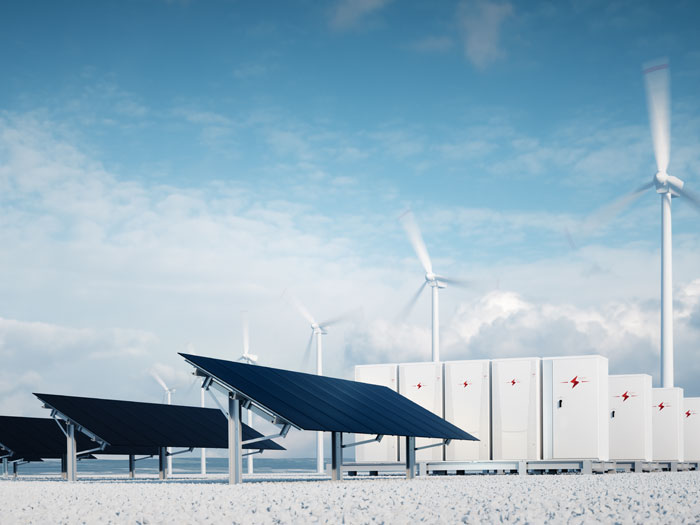News
better business decisions
Posted 2 years ago | 3 minute read

NIC calls for focus on flexible energy technologies
The National Infrastructure Commission (NIC) has called on the government to back electrification and focus on energy flexibility to meet the UK’s climate targets.
The Second National Infrastructure Assessment, which was published on 18 October notes that to deliver net zero by 2050, the UK must be a long way down the road to decarbonising electricity, transport, industry and heating by the Sixth Carbon Budget in 2035. Alongside this there is pressing need to improve productivity and fix decades of economic disparity between regions.
The assessment presents a comprehensive roadmap for the UK’s infrastructure development and offers a set of recommendations aimed at fostering economic growth and addressing climate objectives. These recommendations span various crucial sectors, including energy, transportation, and environmental resilience.
It said phasing out the use of fossil fuels to generate electricity, heat homes, and power vehicles and industry will support energy security and is essential for the UK to meet its legally binding climate targets. But action is now urgent and with only 12 years left to meet the Sixth Carbon Budget, government will need to accelerate the deployment of renewable generation and flexible technologies that can provide electricity if the sun isn’t shining or the wind isn’t blowing.
It said that policies should support the deployment of electricity storage, demand side response and incentivise investment in large scale hydrogen and gas with carbon capture and storage power stations. More demand for electricity also means more investment will be needed in transmission and distribution cables and this must keep pace with demand. Government should also establish a reserve of energy that can mitigate the effect of future price shocks.
Government should also develop a comprehensive strategy to meet its industrial decarbonisation target and support the UK’s industrial activity as buyers increasingly demand low carbon products. Government should coordinate and support the delivery of hydrogen and carbon capture and storage infrastructure across the country to facilitate decarbonisation where electrification is not a viable option.
As deploying electric cars and vans is the single biggest action needed to decarbonise surface transport, NIC said that government should ensure there is a nationwide network of public charge points, reaching at least 300,000 chargers by 2030.
The NIC estimates that government investments of approximately £30B per year until 2040 will be required. Meanwhile, private sector investments should increase from £30-40B in the past decade to £40-50B in the 2030s and 2040s. To attract this investment amid global competition, the NIC suggests adopting a new approach that includes policy stability, pro-investment regulations, and an expedited planning system for major projects, particularly in the realm of energy transmission schemes.






